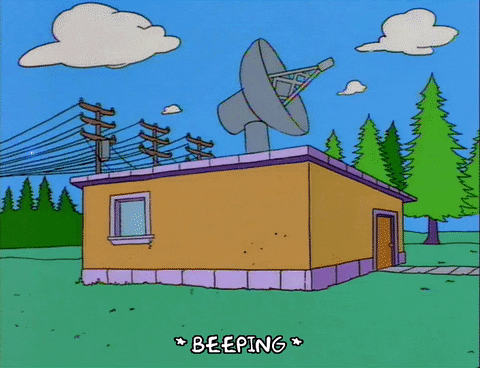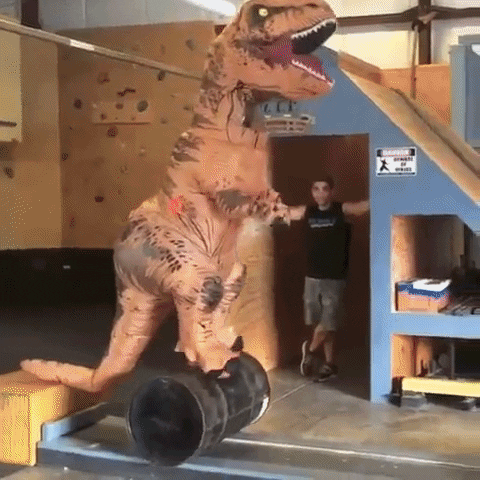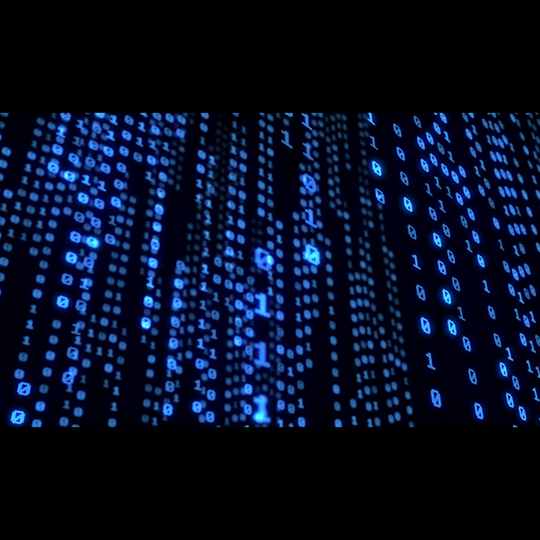
Ground Control to GetComponent: Script Communication in Unity
When programming in Unity it becomes increasing important to have inter-script communication so that different aspects of your project can inform and interact with one another. A simple way to do that is by accessing GetComponent() of a GameObject to access different...

Two Colliders Enter One Collider Leaves: OnCollisionEnter vs OnTriggerEnter
As you build games and simulations in Unity you’ll encounter situations where you have to decide between using collisions and triggers to control game logic. Something as simple as opening an automatic door, pressing a button in VR, or know when a player has reached a...

Let’s Get Physical: Unity Physics in a Nutshell
One of the most interesting aspects of Unity is it’s robust physics system that sits under the hood which allows developers to create some of the most compelling and interesting simulations in engine. This article will cover the basic aspects of the physics system...

Chill Out: A Simple Cooldown System in Unity
Card Battlers to FPSes, there isn’t a genre on the market that doesn’t have a game with some sort of cooldown system tucked away in one of it’s mechanics. For some games it’s an entire feature but for others it’s used for simple bookkeeping such as determining when...

Easy Come, Easy Go: Instantiating and Destroying in in Unity
Over the course of your Unity career you’ll be creating destroying and creating (known as Instantiating) tons of objects. This tutorial will show you how to do this with a simple example of spawning spheres both on command and automatically as well as destroying them....

Pseudo-what?: How Writing Pseudo-code Makes You a Better Programmer
When learning programming it is important to remember that ultimately the programmer not the compiler is responsible for making heads or tails of the code that they’re writing. The compiler will run any sort of code good or bad as long as it’s syntactically correct....

Brick by Brick: Variables in Unity
Variables the foundation of every game that you play, from the speed of blocks dropping in the puzzle game Tetris or the health of your character in a role-playing game. Variables are essentially containers for data that allow you to store data and use it seamlessly....

Put It In Gear: Basic Unity 2D Movement System
Movement is one of the core fundamentals of any good game. Whether it’s navigating the world on foot, piloting a spaceship, or moving enemies around your game it’s what gives games their interactive dynamism that makes them so much fun even when the player doesn’t...

Laying It All Out: A More Productive Unity Layout and Helpful Tools
The extensibility and customization of the editor is one of the major highlights of using Unity. This is your Unity layout, there are many like it but this one is yours. It works but it can be better. Every window and tab in the editor can be moved and resized to your...

So You Want To Make Games: Quick start with Unity
Unity 3D is by far the most popular game engine in the market today between copious community support, ease of use of C#, huge library of free, and paid assets on the Unity Asset Store you’d be hard pressed to find a bigger more developed ecosystem. This article will...
